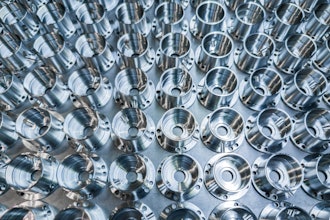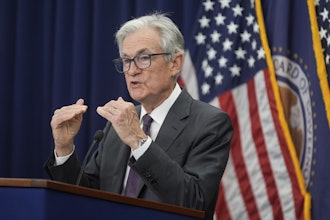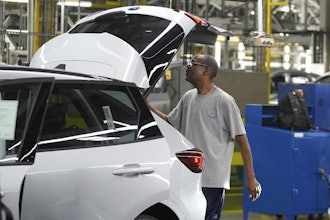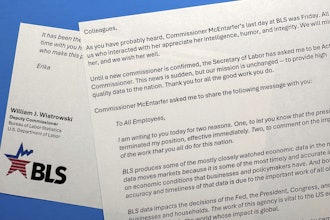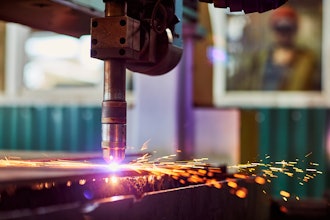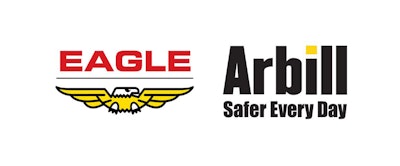
Last Friday, a handful of executives from small U.S. manufacturers met with President Donald Trump at the White House to discuss critical issues impacting their operations and possible solutions to them. The talks included topics of tax reform, infrastucture investment, workforce development and regulatory issues.
Included in the executive group were Joe Eddy, CEO of Eagle Manufacturing Company — which supplies safety cans, safety cabinets, poly drums, spill containment and material handling protective products — and Julie Copeland, CEO of safety products supplier Arbill.
Both Eddy and Copeland later shared their thoughts about talking with the commander-in-chief.
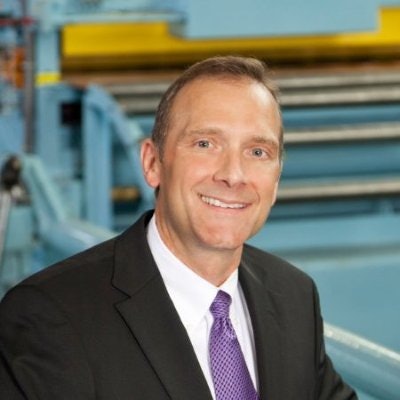 Joe Eddy, CEO of Eagle Manufacturing Company
Joe Eddy, CEO of Eagle Manufacturing Company Julie Copeland, Arbill CEO
Julie Copeland, Arbill CEOHere's what Eddy had to say:
"I am honored to have had the opportunity recently to talk with President Trump at the White House about the critical issues, ongoing challenges and positives that impact the success of small and medium-sized manufacturers like Eagle Manufacturing in Wellsburg, WV. I, along with other executives like myself, shared our experiences in dealing with federal regulations and other issues affecting our industry as a whole, but also in our respective states.
"In sharing with the President results from the National Association of Manufacturers’ (NAM) Outlook Survey — released March 22 — manufacturers face about 297,000 restrictions on their operations from federal rules and regulations. There are new federal mandates every year, on everything from healthcare and energy to workplace conversations. This is burdensome and unnecessary; and it’s contributed to a nationwide decimation of manufacturing jobs."
Eddy said he also brought up the challenge manufacturers face stemming from increased healthcare costs, and the overall industry challenges in West Virginia, especially in workforce development. Eddy also cited his and other manufacturers' economic optimism, citing NAM's Outlook Survey that showed 93.3 percent of respondents feel positive about their company's outlook.
Here's commentary from Arbill's Copeland:
“We are grateful for the chance to meet with the president and share with the White House directly which regulations remain obstacles to manufacturers’ success. We are optimistic about the future; however, we know there is much work to be done, not only on regulatory reform but also on infrastructure investment, workforce development and comprehensive tax reform. Tax cuts for factories will create millions of great, well-paying manufacturing jobs because we will be able to compete with global competitors. Since Arbill is one of the largest providers of safety products and services to the manufacturing sector, as manufacturing prospers so does Arbill.”









